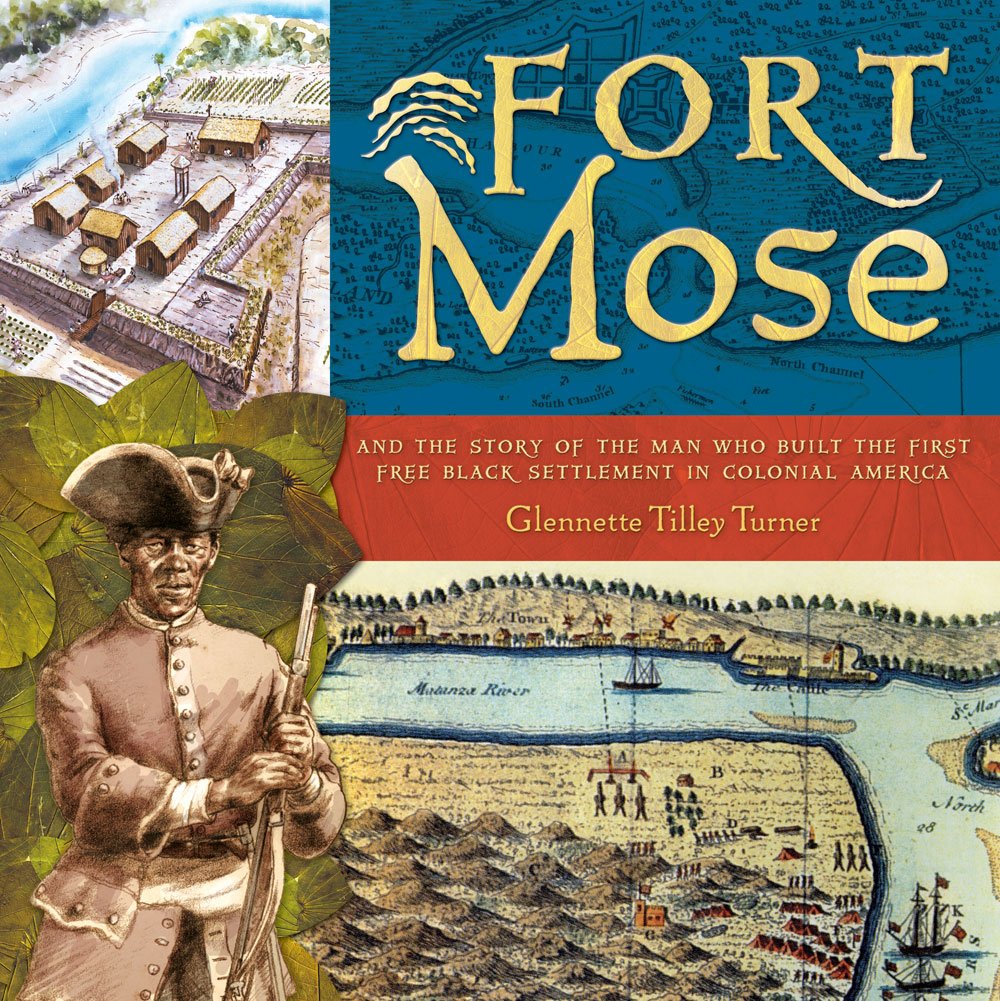 | |
| Ishmael Beah by Sarah Stacke. Image from www.themoth.org |
Best known for his experiences as a child soldier in the memoir A Long Way Gone, Ishmael Beah’s pre-war childhood in a rural village of Sierra Leone deserves as much attention. This story is an audio recording of Beah’s performance for The Moth, a group which organizes live storytelling events worldwide. In recounting his upbringing, Beah pays homage to his community and its traditions.
When he was nine, Beah’s grandmother told him that “each person’s mind is their own personal library, and as life breathes its moments before you, those moments become memories, and those memories become narratives [...] that you put on a shelf in your own personal library.” Inspired by her words to create his own rich narrative, Beah inscribes the rhythms of his village in his mind: the morning cry of the birds, the evening communal meal, and the elders’ nightly stories. With tenderness and humor, Beah narrates how his life, once anchored by the warmth of tradition, is torn apart by the unending impact of war. He draws attention to how each victim’s death is the loss of a storyteller and intimates that war does not just destroy the individual but wipes out the collective memory of a culture. War creates a past without storytellers, a tradition without practitioners, and survivors without access to the narratives they need to understand their place in civilization. This story provides an engaging introduction to Beah’s memoir and implants the idea that a young adult’s life is rich enough to compose a personal library.
While this story, suitable for students ages 9 and up, is easily accessible to English speakers, Beah’s dialect may require additional support and scaffolding to aid students in their understanding.
You can access “The Sounds of My Village” here on The Moth’s website. --Esther Kau
Esther Kau currently teaches middle school English in New Jersey. Her current roster of books include Garth Greenwall’s What Belongs to You, her daughter’s favorite, Ben Clanton’s Narwhal: Unicorn of the Sea, and her son’s favorite, Steve Light’s Cars Go.

